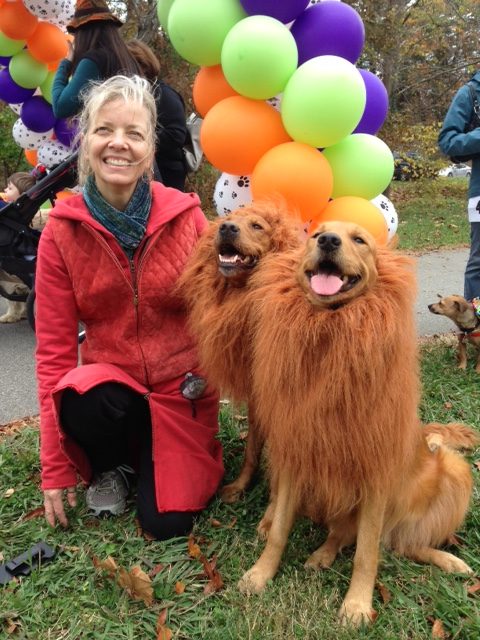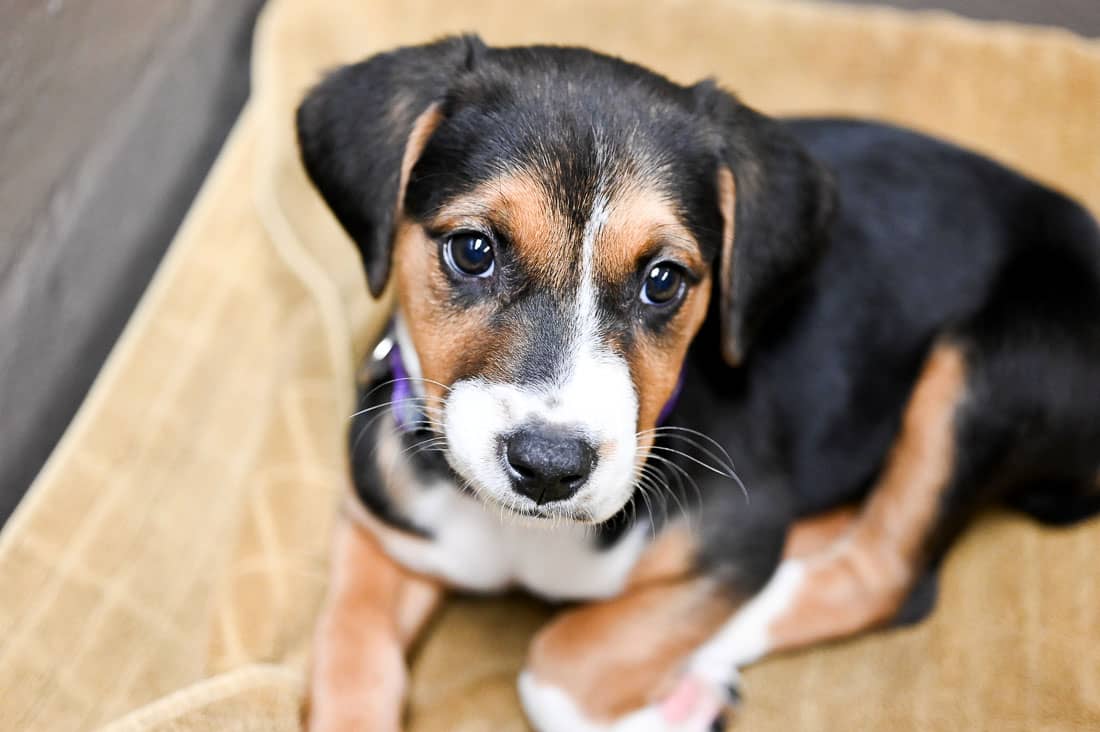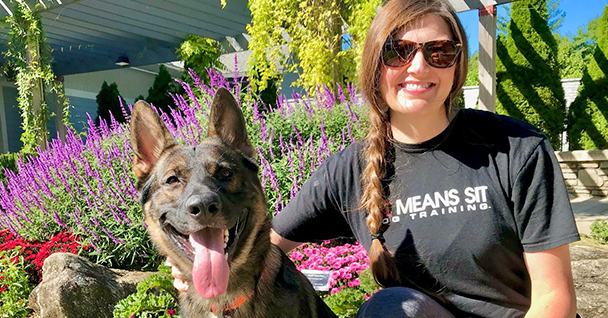Discover the Top Mistakes to Avoid in Dog Training
Discover the Top Mistakes to Avoid in Dog Training
Blog Article
Unlock Your Pet dog's Potential With Efficient Educating Strategies
Effective training strategies can substantially boost your pet's potential, transforming not only their habits but likewise the bond you share. Comprehending your dog's individual demands is critical, as it enables customized methods that reverberate with their personality. Using favorable reinforcement, maintaining consistency, and facilitating early socialization are fundamental elements that contribute to a well-adjusted pet dog. However, the trip doesn't finish there; exploring advanced strategies can generate impressive outcomes. What certain techniques can raise your training efforts to unlock the complete abilities of your canine companion?
Recognizing Your Dog's Needs
To properly educate your pet dog, comprehending its needs is vital. Each canine is special, possessing distinctive personality characteristics, temperaments, and histories that influence its habits and learning ability. Acknowledging these individual distinctions is crucial for tailoring training methods to ensure success.
First, examine your canine's age, type, and power level - dog training. Pups, as an example, require shorter training sessions as a result of their limited attention periods, while high-energy types might need extra strenuous activities to remain involved. Additionally, recognizing your pet dog's socialization requires is essential; some canines thrive in group settings, while others may like one-on-one communications
In addition, recognize your pet dog's psychological state. Stress, anxiety, or worry can hinder learning, necessitating an environment where your canine really feels safe and secure. Establishing a routine can also offer framework, which is beneficial for numerous pets.
Finally, pay attention to your canine's physical health, as discomfort or discomfort can significantly impact actions and learning abilities. By thoroughly comprehending your pet dog's requirements, you lay the foundation for efficient training, promoting a favorable partnership and improving total health.
Positive Support Approaches
Positive reinforcement techniques are among one of the most effective training methods for pets, fostering a positive learning setting. This approach includes gratifying preferred habits instead of punishing unwanted ones, which motivates canines to repeat those behaviors. Incentives can take different types, such as treats, praise, playthings, or even playtime, permitting customization based upon what encourages each individual dog.

Additionally, favorable support can enhance the bond between the pet dog and owner, as it advertises depend on and urges open interaction. Owners can gradually terminate deals with as the behavior ends up being deep-rooted, transitioning to spoken appreciation or affection as the main incentives.
Uniformity in Training
A constant training technique is critical for reliable dog training, as it establishes clear assumptions and assists pets understand what habits are encouraged. Uniformity entails making use of the exact same commands, hints, and rewards Discover More throughout various training sessions, which enhances and promotes a strong understanding discovering. When commands are given inconsistently, canines may come to be baffled, resulting in disappointment for both the owner and the pet.
It is vital to ensure that all household participants or individuals interacting with the canine utilize the same terminology and training methods. This harmony protects against mixed signals that can impede a pet's ability to learn. Furthermore, strengthening wanted habits immediately and consistently with positive benefits, such as treats or appreciation, strengthens the connection between the end result and the action.
Training sessions should also be organized and regular, enabling gradual progression in intricacy. This rep not just reinforces the pet's memory however likewise develops their confidence. Consistency in training creates a dependable framework that dogs can thrive within, ultimately bring about a well-adjusted and mannerly family pet. By devoting to a constant technique, owners can open their canine's full potential and improve the bond between them.
Socializing Methods
While many pet dog owners focus mostly on obedience training, socialization strategies are equally crucial for a pet dog's general advancement. Socialization entails revealing dogs to a range of settings, people, and various other animals in a regulated fashion, allowing them to end up being positive and comfy in varied situations.
To start socializing, start early preferably, as pups are most impressionable in between 3 to 14 weeks of age. Present your pup to various stimulations, such as numerous noises, textures, and sights. Gradually increase the complexity of these interactions by checking out parks, pet dog stores, or joining pup classes, where they can fulfill other from this source canines and people.
Positive support is key during socialization. Compensate your dog with treats and applaud when they display certain and calm habits in brand-new circumstances. This helps them associate unique experiences with positive outcomes, reducing the possibility of anxiety or hostility in the future.
In addition, uniformity is crucial; regularly subjecting your pet to new experiences throughout their life can aid maintain their social skills - dog training. By employing efficient socializing methods, you will certainly promote a well-adjusted and sociable canine, qualified of navigating the globe with simplicity

Advanced Training Strategies
Exactly how can pet proprietors elevate their training technique past basic commands? Advanced training methods involve techniques that promote a pet's cognitive capacities while fostering a deeper bond between the owner and family pet.
One more approach is the usage of diversions during training sessions. By progressively presenting different stimulations-- such as various other pets, individuals, or sound-- owners can show their click reference family pets to keep emphasis and self-control in real-world situations. Additionally, incorporating innovative obedience workouts, like retrieving objects or doing dexterity jobs, can additionally challenge a dog mentally and literally.
In addition, applying scent work urges dogs to use their all-natural instincts, engaging their sense of smell while promoting problem-solving abilities. Socialization within regulated settings can help pets find out to browse communications with different types and environments, cultivating confidence and versatility. By using these advanced training approaches, pet dog owners can open their pets' potential, causing a well-shaped and loyal companion.
Verdict
Reliable training techniques are essential for opening a dog's possible and promoting an unified relationship between canine and owner. Advanced methods, such as clicker training and scent work, better enhance a dog's mental involvement and behavioral discipline.
Furthermore, comprehending your pet's socializing requires is vital; some pets thrive in group settings, while others might choose one-on-one communications.

A consistent training strategy is vital for effective pet dog training, as it develops clear assumptions and helps pet dogs understand what actions are motivated. By employing these innovative training methods, pet proprietors can unlock their pets' potential, leading to a loyal and all-round companion.
Effective training methods are vital for opening a pet's prospective and fostering a harmonious connection between dog and owner.
Report this page